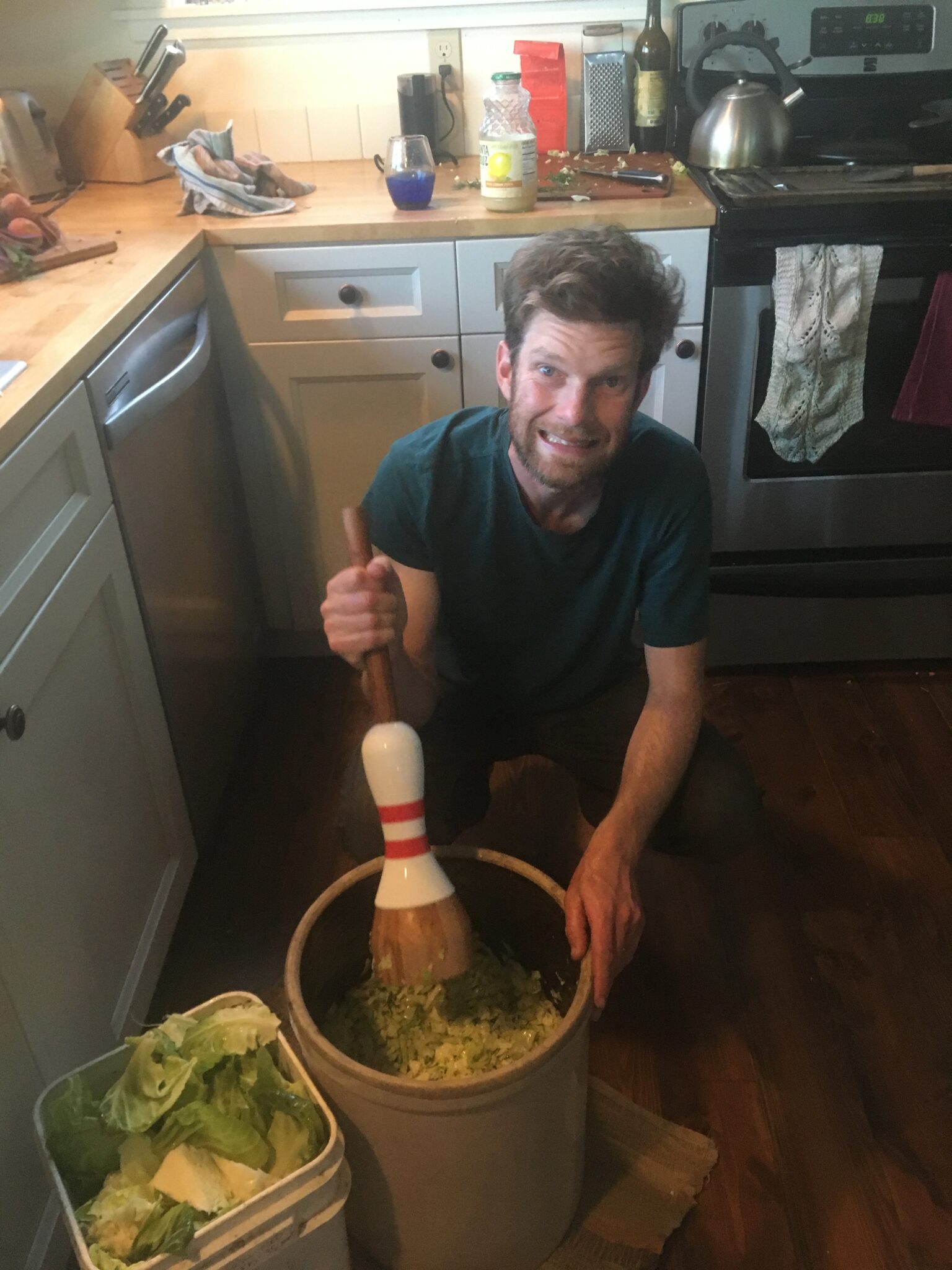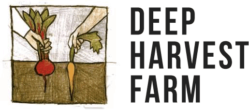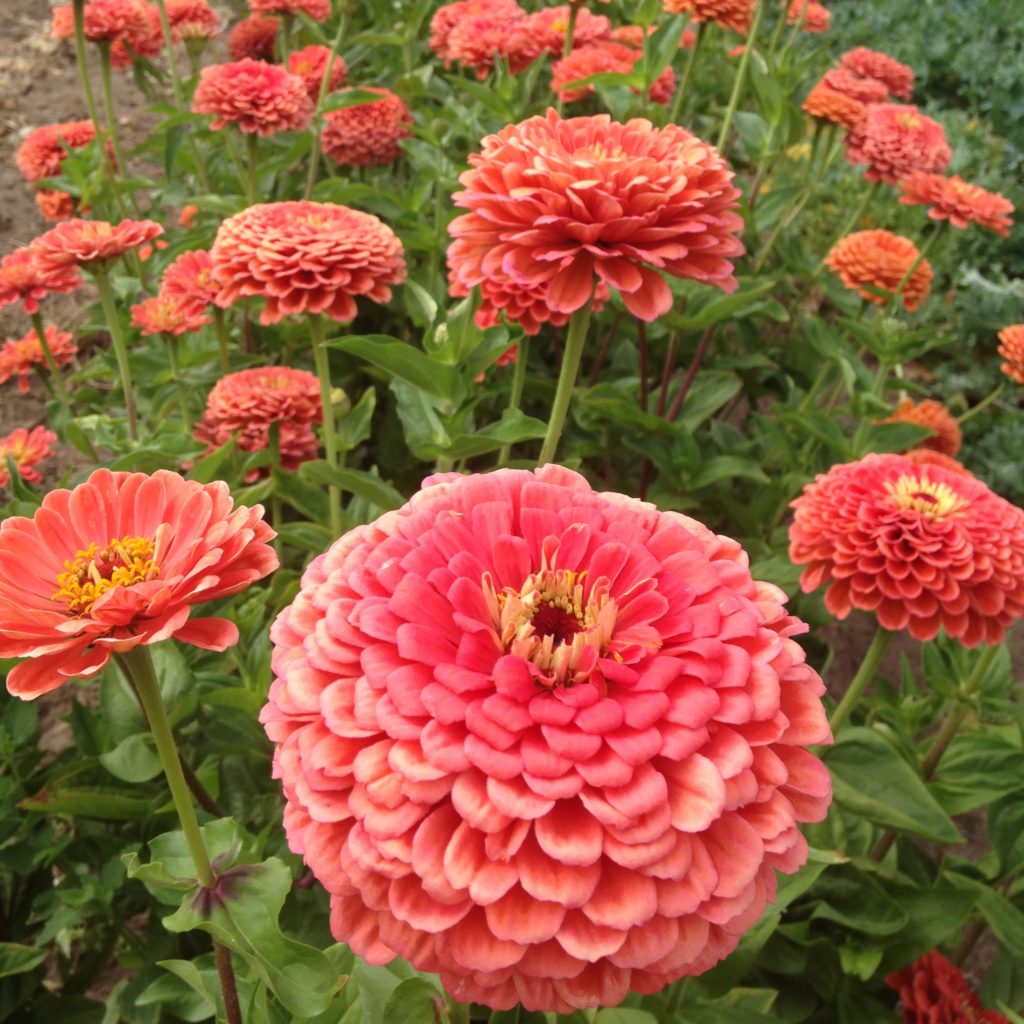
I’m sure I’m not the only one of us who has made it through all of summer only to now notice the pantry is absent of any preserves and the freezer lacks any sign of this year’s harvest. Never fear! Time Constrained Preservation Princess is here (yep, that’s what I’m now going by). Now is as good of time as any to capture the tastes of summer in quart jars and freezer bags. I never do anything too complicated, as time is still limited and precious, but my oh my do I love myself in the winter for doing the deliciously easy stuff now. So… here’s what I prioritize in preservationville (not quite as exciting as Margaritaville, RIP Jimmy Buffet).
Basil
Pesto!! We make boat loads and just freeze it in pint sized freezer jars. No water bath shenanigans, super easy peasy (and basily). I also dehydrate tons of basil and jar it up for future pizzas, soups, pastas and gifts. It’s so much sweeter and more flavorful than the old store stuff.
Tomatoes
Next, we freeze tomatoes whole in ziplock bags, especially cherry tomatoes, but we do this with the big guys, too. You literally don’t have to do anything expect take off their green stems. We pour the frozen flavor bombs into soups and stews come cold season. Boomshakala! I also roast tomatoes whole with a little olive oil and salt until they’re pretty much caramelized. Once cooled, I jar or bag this sludgy bliss and toss that into the freezer for casseroles, pizzas, soups, etc. Lastly, I cook down tomatoes whole with the skins on (most recipes tell you to remove the skins, but I’m not that kind of girl).
I use the immersion blender to break ‘em up if I want sauce and leave some in full tomato form for stewed tomatoes. Once they’re cooked down to my liking, I put the tomatoes in sterilized jars, add 2 TBS of bottled lemon juice per quart, seal it up, and water bath the beauties for 20 minutes. Yes, this is a bit of effort, but for farm fresh, heirloom tomato gloriousness, it’s worth it.
Cabbage
We’re all about making loads kraut, kimchi, curtido, and more kraut. They all maximizes the health benefits of cabbage with all its probiotics that make food more digestible and improves your guts ability to absorb nutrients. Fermented foods are also easy to make. I use the Sandor Katz’s book “Wild Fermentation” for the specifics, but their are oceans of recipes on the ol internet. This is an excellent mode of preserving cabbage and more for 4-6months.
Carrots, Radishes, Cucumbers, Onions, and Garlic
Other than that, I’m pretty into quick pickling carrots, radishes, and cucumbers, dehydrating garlic and onions for garlic and onion powder. I’d love to hear your preservation passions and secrets to keeping the harvest!


